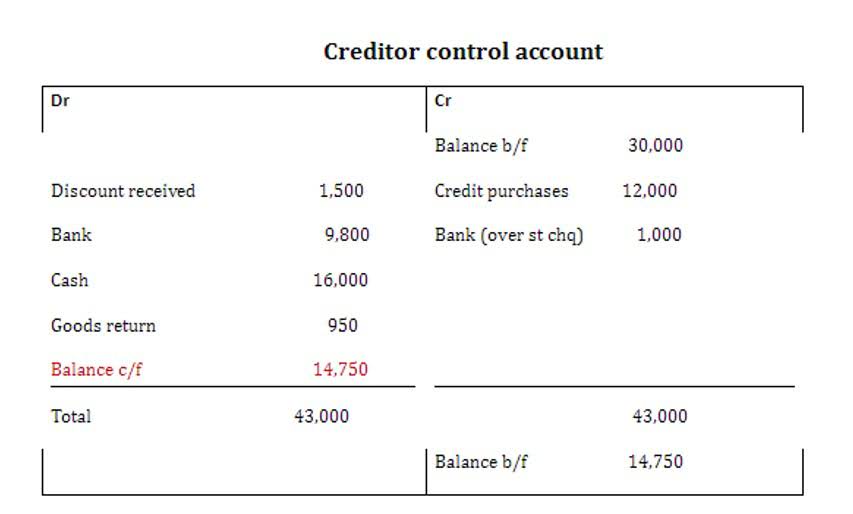
While expenses may remain in the front of your mind, fundraising, offerings, and tithes are essential parts of your church’s budget. With your income and expenses estimated, it’s time to establish realistic budget targets that align with your church’s mission and values. Set clear financial goals that reflect your ministry priorities and strategic objectives. A financial audit can be very helpful, as well as consulting with a financial expert to understand your church’s financial health. Don’t forget to engage with key stakeholders such as church leaders, finance committee members, and staff to gather input on budget priorities and goals. The more detailed input you have, the better you can plan your church budget.
- Have your accounting person give you the income statement for the last 3years.
- It is a tool that enables church leaders to make informed decisions about how to best use the church’s financial resources to achieve its goals and objectives.
- Based on past data and future needs, assign estimated amounts to each income and expense category.
- People are more likely to give when they feel their contributions are appreciated and they understand how the funds are being used.
- Ideally, your church should have at least three months of reserves to fall back on — preferably more than this.
- Kings adds that it’s crucial for church leaders to implement a specific strategy rather than generically asking for more money.
- Developing your church finance best practices doesn’t need to be as daunting as it sounds.
What Type of Budget Do You Need?
- Under that amount will bethe amount they spent in that area this month as well as a current year-to-date figure.
- You also need to have some type of system or governance structure that restricts the use of these funds for times of emergency.
- Also, make sure to look for opportunities to reduce costs and optimize spending.
- With these guidelines in mind, we recommend the following practices when establishing a church budgeting process.
- Whereas the congregation will be more for information purposes so they can see how the church resources are being allocated.
If you don’t have an income statement, go to your checking account deposits, which will include tithe, missions, building fund, special projects, etc. Another area of difficulty is when an expected expense, such as maintenance, has already reached the yearly expected figurebut the church is midway through the year. The church can either stop any remaining expenses for the year on maintenance items. They could adjust or increasethe yearly limit to meet other planned maintenance projects, or again ask Certified Public Accountant the church for donations in this area. If the church income is up to accommodate this area, the pastor and board mayagree to adjust the yearly amount for that expense area.

Consider Your Financial Goals and Priorities

Overall, when determining income for a church budget, it is important to track all sources of income, including tithes and offerings, fundraising, and donations. By accurately tracking income, churches can create a budget that reflects their financial reality and helps them achieve their goals. A church budget is a financial plan that outlines how to create a church budget how a church will allocate its resources over a specified period of time. It is a tool that enables church leaders to make informed decisions about how to best use the church’s financial resources to achieve its goals and objectives. Financial literacy is crucial for the success of church budgets. Providing education on budgeting and financial stewardship can empower your congregation to understand the church’s financial needs better.
- Find a way to show them tangibly how their contributions are making a difference.
- It is very important to keep track where the money goes and how we spend it.
- However, wise pastors and church boards regularly re-evaluate to put more and more to savings and increase the ability to expand ministry.
- Simply add a tab to your budget spreadsheet and include the date, description and amount for each change.
- If the church income is up to accommodate this area, the pastor and board mayagree to adjust the yearly amount for that expense area.
- Allocating expenses appropriately ensures that resources are utilized efficiently and align with the church’s mission and goals.
Don’ts of Drawing Church Budgets
Recurring giving helps stabilize church finances and allows for more predictable income streams. I much prefer regular monthly giving over one-time larger donations. Because it’s predictable and easier to plan and budget for. This is easily done through any of the online giving platforms available today.
Make budget cuts

It’s up to you how often you communicate these details https://www.bookstime.com/ to your church and it will depend on the structure of your church and its bylaws. The church finance committee, often referred to as the board of directors, or deacons of the church, is an essential part of every church. If your church is incorporated, then you are required by law to have a board. With all the following best practices, start with the end in mind.
 Deutsch
Deutsch  Français
Français  Nederlands
Nederlands  Italiano
Italiano  Español
Español  Português
Português  Română
Română  Polski
Polski  عربي
عربي